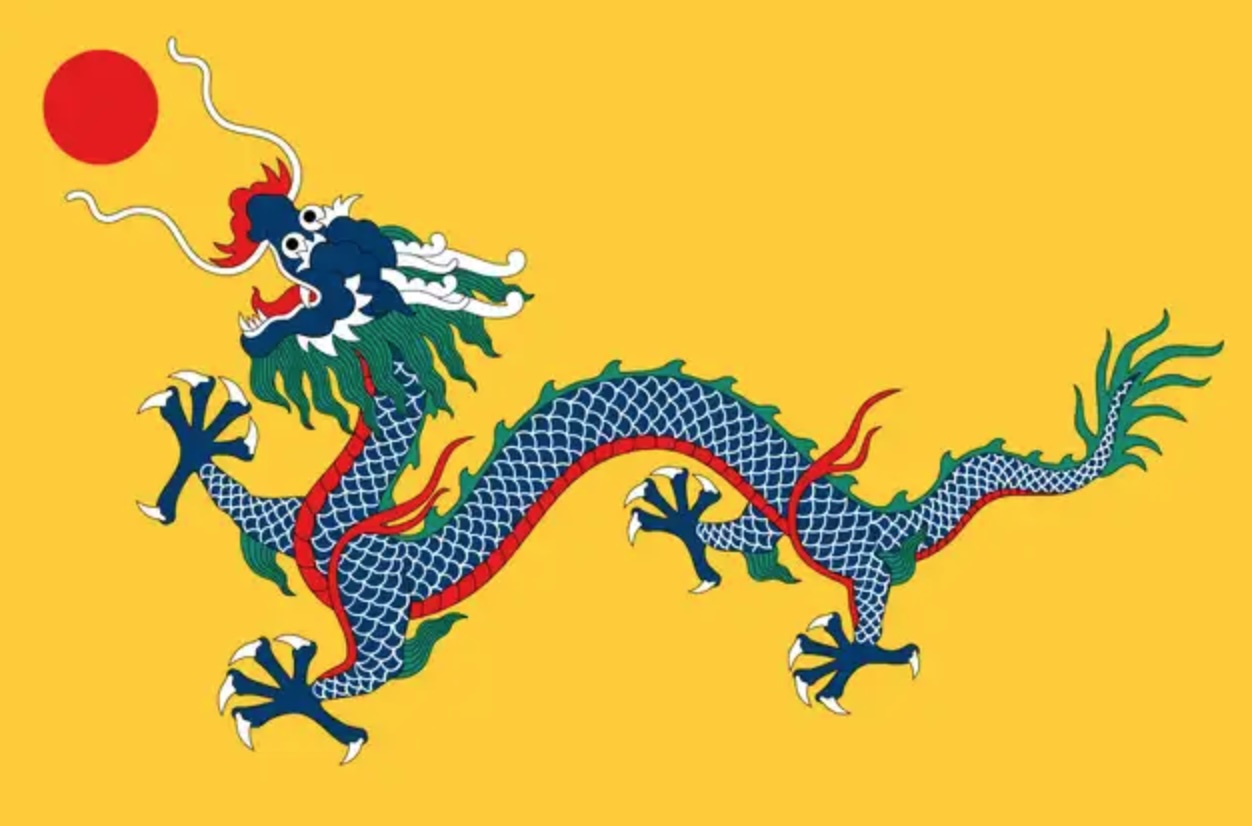Charon's obol
Sino-Platonic Papers is pleased to announce the publication of its three-hundred-and-fifty-first issue: "Placing Western Coins Near the Deceased in Ancient China: The Origin of a Custom," by Pin LYU:
ABSTRACT: This article traces the custom in ancient China of placing Western coins in proximity to corpses during burial. Academic attention has focused on the origin of the custom since Marc Aurel Stein initially connected the finding in Turfan of Western coins placed in the mouths or on the eyes of the corpses with Charon's obol, the ancient Greek coin that, similarly placed, paid Charon to ferry the dead to the underworld. Some scholars agreed with Stein's proposal, while others suggested that it was instead a traditional Chinese funerary ritual, unrelated to Greece. This article moves away from over-reliance on written sources and aims at uncovering the patterns underlying this custom, through the collection and analysis of available archaeological material. Results indicate that the custom possibly originated in the Hellenistic practice of Charon's obol and then traveled to China with Sogdian immigrants, developing into a regional funeral ritual in Turfan.
Read the rest of this entry »
